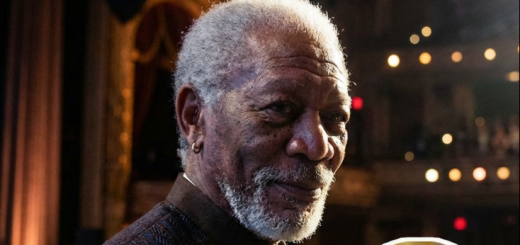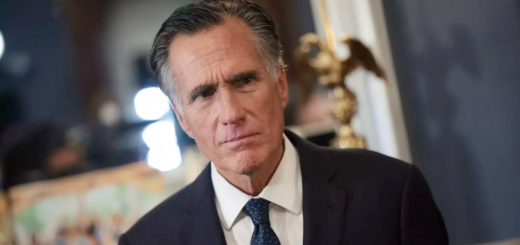One of the Greatest Songs Ever Recorded: The Timeless Story Behind Jim Reeves’ “He’ll Have to Go”
When Jim Reeves stepped up to the microphone in 1960 to record “He’ll Have to Go,” he had no way of knowing he was about to reshape the sound of country music forever.
What began as a quiet, reflective ballad soon grew into one of the most influential songs of its era — a track that blurred the lines between country and pop, and introduced the world to a new kind of musical elegance.
A Song Born From Real Emotion
The origins of the song are surprisingly ordinary. Songwriters Joe and Audrey Allison crafted it after Joe overheard a man in a bar pleading with his partner over the phone. That moment — raw, vulnerable, and unmistakably human — became the inspiration for the unforgettable opening line:
The simplicity made it unforgettable.
A Song That Changed the Direction of Country Music
“He’ll Have to Go” didn’t just top the country charts — it crossed into mainstream pop, climbing all the way to number two in the U.S. That achievement helped define what would later be known as the Nashville Sound, a smoother, more sophisticated approach that brought country music to millions who had never listened before.
The song became a template for modern crossover success.
Its influence can still be heard in today’s artists who blend genres seamlessly — performers like Keith Urban, Dolly Parton, Shania Twain, and even Taylor Swift.
Reeves opened that door long before crossover was a trend.
A Legacy Carried Across Generations
“He’ll Have to Go” has been performed by hundreds of artists over the decades — from Elvis Presley to Dean Martin — but none matched the sincerity Reeves brought to his version.
His recording continues to appear in films, television shows, documentaries, and playlists around the world.
Reeves’ life, however, was cut tragically short. In 1964, at only 40 years old, he died in a plane crash.
His death stunned the music world and left fans mourning a voice that felt like a trusted friend. Yet even in loss, his music refused to fade.
“He’ll Have to Go” kept playing — in homes, in diners, on radio stations — becoming a symbol of everything timeless about the era he helped define.



























